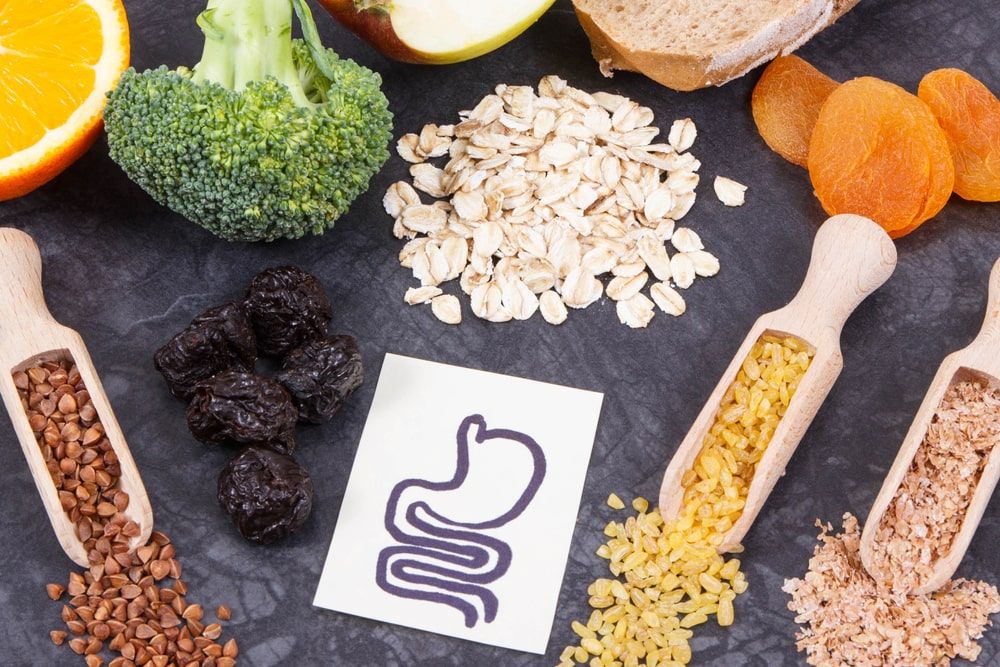Acid reflux is a condition in which acid from the stomach is pushed into the esophagus, resulting in heartburn. Though nearly everyone will experience acid reflux at some point in their lives, people who have reflux two or more times per week have gastroesophageal reflux disease or GERD. Though medical treatments are available to help manage GERD, our practice also works with patients to develop an anti-reflux regimen that will stave off uncomfortable symptoms.
Did you know?
know that approximately 60 percent of all adults in the U.S. will experience acid reflux symptoms in a given year? Many of them – approximately 20 percent – will have symptoms on a weekly basis. Though reflux can occur at any time, most people complain of symptoms at night, when symptoms often disrupt sleep. Raising the head of the bed can help keep acid in the stomach and improve rest at night.
Frequently Asked Questions
What types of dietary changes should I make as a part of a anti-reflux regimen?
We recommend eliminating foods that are known to cause GERD symptoms. Spicy foods are notorious for causing reflux, as are other acidic foods and beverages like sodas, alcohol, coffee and fried foods. If possible, spread out your meals into 4 to 6 smaller portions throughout the day. Eating
Is there anything else I should do to help prevent reflux?
In addition to diet, other lifestyle factors are also connected to GERD. Though they may not cause the disease, they are capable of worsening symptoms. Examples include smoking, being overweight, and lying down shortly after eating. We recommend that patients stop smoking, adopt an active lifestyle, and always wait at least 3 hours after eating before going to sleep.
What treatments are available to people with acid reflux?
Lifestyle management is an important part of treating acid reflux. However, many people also require medical interventions to find relief from reflux symptoms and also protect the esophagus from acid-related inflammation. In some cases – especially those with narrowing of the esophagus or severe esophageal inflammation – surgery may be necessary to prevent acid from further damaging the esophagus.
